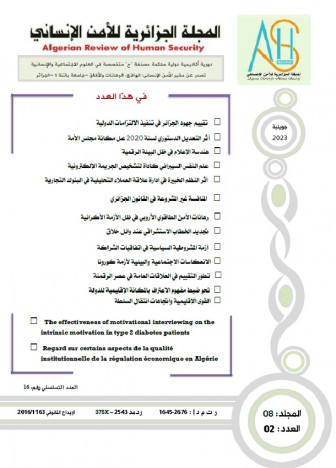Intercultural communication in Berkine Complex
DOI:
https://doi.org/10.59791/arhs.v5i1.2087Keywords:
Intercultural Communication, High-context culture, Low-context culture, Berkine ComplexAbstract
The aim of this study is to identify the intercultural communication between the workers of Berkine Complex taking into account their cultural background; the nature of communication between them and its obstacles. This study belongs to descriptive studies thus information and data have been collected using a survey questionnaire, the interview and the direct observation.
The study has concluded that : -The nature of cultural background prevailing in Berkine Complex is the culture of mutual respect and acceptance of others, which helped workers to adapt easily with each other in this Complex The language of communication between the workers of the complex is English; here the level of local workers is average while the level of foreigners is quietly good. Concerning methods of communication, workers of Berkine Complex prefer the oral communication, short speaking and also they use formal communication. Non-verbal communication, there are some differences in the interpretation of the signals between the local and foreign workers, exception signal four, and we deduced the strong influence of Mass Media on the meaning and interpretation of the signals. The workers of the complex face linguistic difficulties mainly verbal ones during the communication. As for cultural difficulties, workers of the complex difficulties in the different management style. Besides prejudices may lead to problems in communications for local workers which is not the case for foreign workers.




